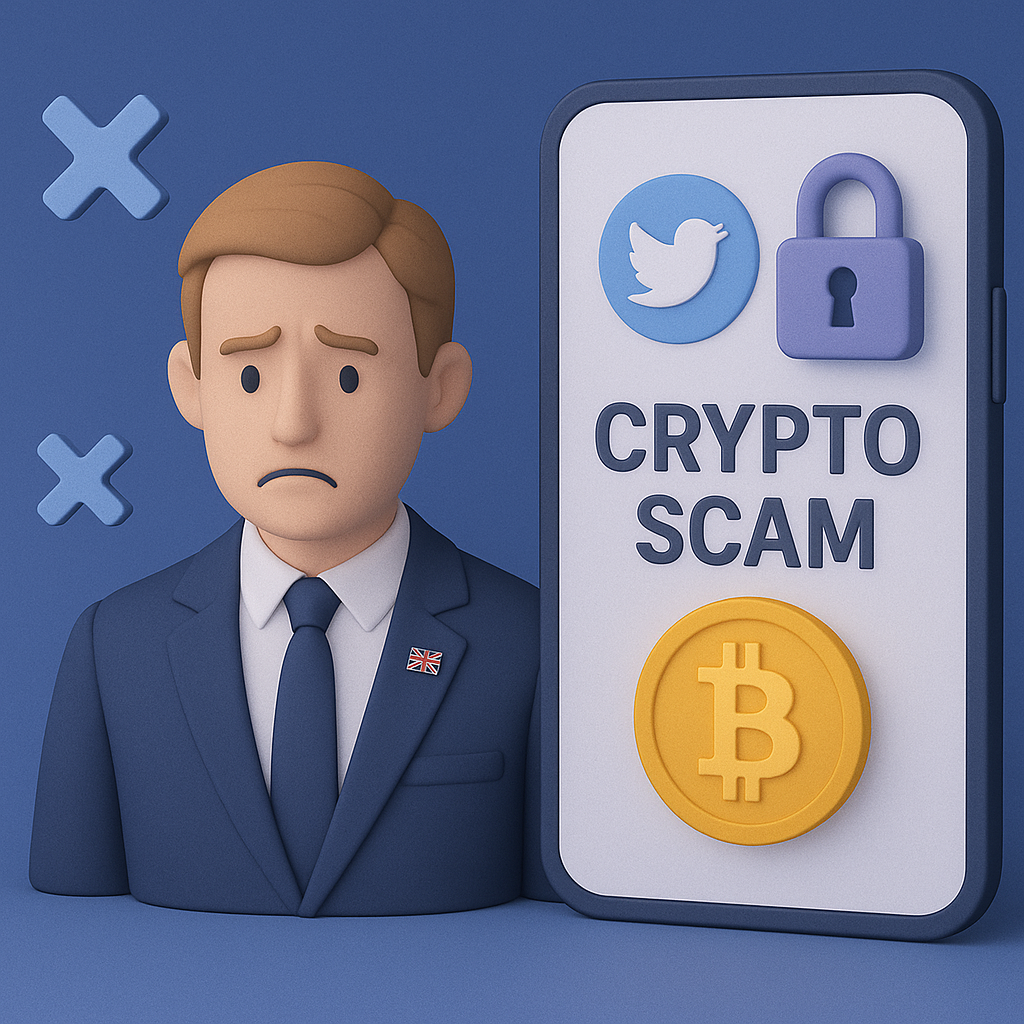The furore over El Salvador President Nayib Bukele’s announcement that his country will adopt bitcoin (BTC) as its legal tender leaves more questions than answers. The president’s decision, if it comes to fruition, would make the Central American nation the first in the world to adopt the cryptocurrency as part of its monetary policy.
After announcing the news on the second day of the Bitcoin 2021 conference, Bukele shared his reasons for opting for BTC on Twitter. For the head of state, there are three aspects of the national economy that could be significantly improved with legislation that supports the use of the premier cryptocurrency.
The decision to adopt bitcoin as legal tender
Bukele believes that legalising bitcoin as a digital system and cryptocurrency will help El Salvador attract new investment, make it more efficient to receive remittances and serve those outside the banking system. The president referred to BTC’s market capitalisation and suggested that, if some of these funds were directed to the country, there would be economic benefits.
“Bitcoin has a market capitalisation of $680 billion. If 1% of that is invested in El Salvador, it will increase our gross domestic product (GDP) by 25%,” Bukele said of a hypothetical $6.8 billion investment in his country.
The president did not specify where the funds would come from, i.e. whether they would be investments from bitcoin companies setting up in the country, initiatives by cryptocurrency communities or the creation of mixed capital companies to build new technological infrastructure.
More efficient money transfers thanks to bitcoin
Giving bitcoin a boost in El Salvador would make receiving remittances, one of the country’s main sources of income, more efficient. Currently, around 25% of Salvadoran households receive money from abroad for their payments and consumer spending. However, a large percentage of the funds remain in the hands of intermediaries.
For Bukele, bitcoin would resolve this situation with millions of dollars in direct income for its inhabitants, avoiding the collection of commissions, the handling of cash and a possible reduction in the crime rate.
“Bitcoin will have 10 million potential new users and a rapidly growing method of transferring $6 billion a year in remittances. What’s more, a large part of that $6 billion is lost to intermediaries,” he added.
Bukele’s criterion is that by using bitcoin as a digital system and cryptocurrency, the amount received by more than a million low-income families will increase by the equivalent of billions of dollars each year. “This will improve the lives and futures of millions of people,” he said.
Bitcoin for the unbanked
Legalising bitcoin as a national currency would enable the government to serve millions of unbanked people. According to Bukele, 70% of Salvadorans have no bank account and work in the informal economy.
“Financial inclusion is not only a moral imperative, but also a means of growing the country’s economy, by providing access to credit, savings, investment and secure transactions”, posted the president on the social network.
The bill to recognise bitcoin will be presented to the legislature next week, Bukele announced yesterday (5 June). The president hopes that the first cryptocurrency is just the start of providing a space in which some of the leading innovators can reimagine the future of finance.
To reinforce his pitch for bitcoin and encourage its adoption, Bukele has also joined the bitcoin community trend by changing his Twitter profile picture to one with “laser eyes”.














